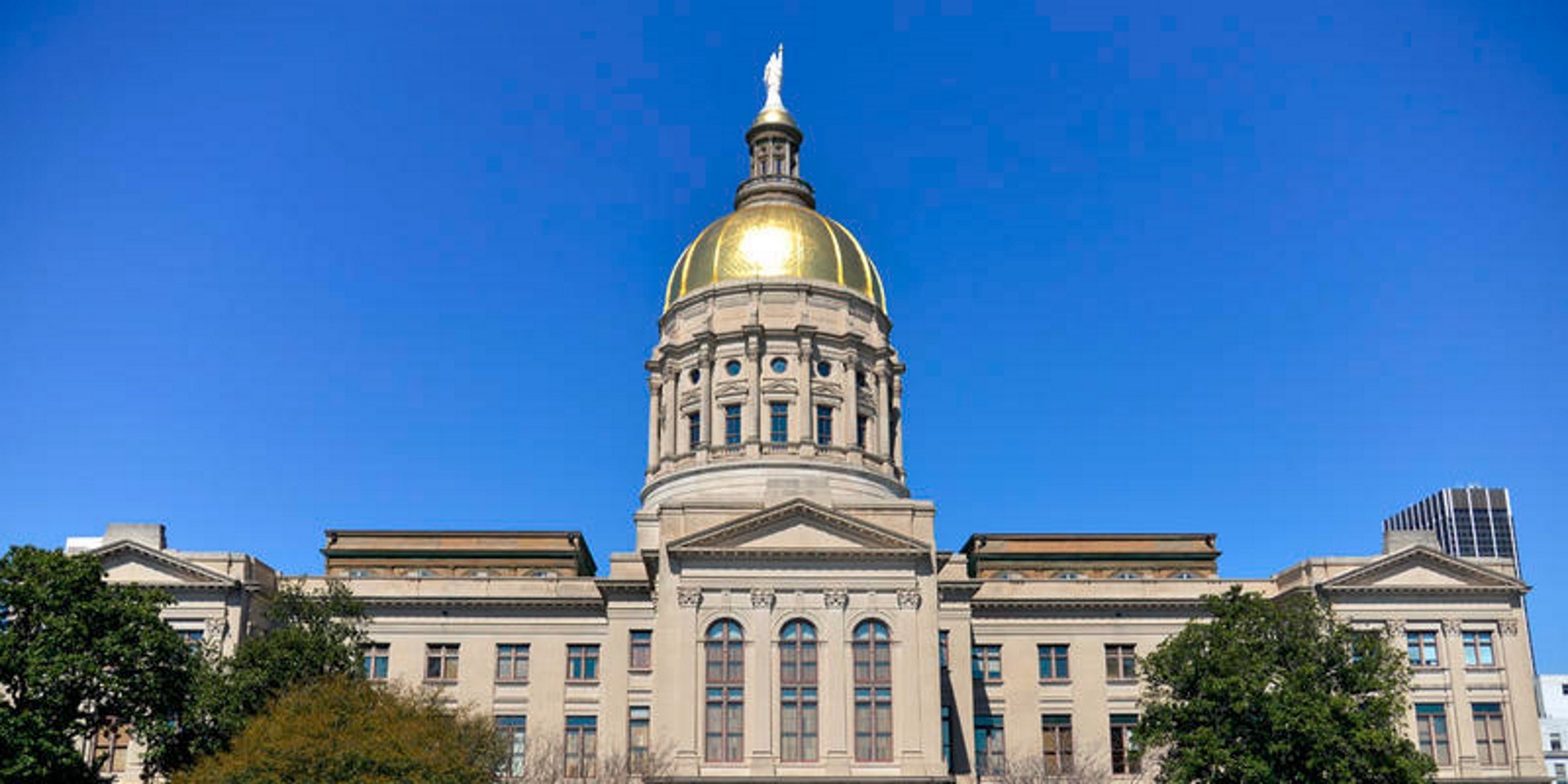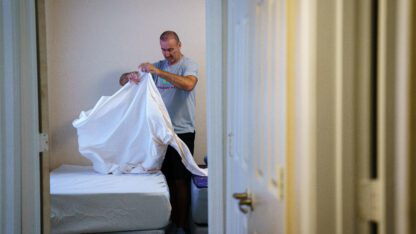At least 227 people were killed and hundreds were injured and missing after a 7.2 magnitude earthquake struck Haiti on Saturday, and Prime Minister Ariel Henry said he was rushing aid to areas where towns were destroyed and hospitals overwhelmed with incoming patients.
The epicenter of the quake was about 125 kilometers (78 miles) west of the capital of Port-au-Prince, the U.S. Geological Survey said, and widespread damage was reported.
Haiti’s civil protection agency said that the death toll stood at 227 and that search teams would be sent to the area. Rescue workers and bystanders were able to pull many people to safety from the rubble, the agency said Saturday afternoon on Twitter. It said injured people were still being brought to hospitals.
Henry declared a one-month state of emergency for the whole country and said he would not ask for international help until the extent of the damages was known. He said some towns were almost completely razed and the government had people in the coastal town of Les Cayes to help plan and coordinate the response.
“The most important thing is to recover as many survivors as possible under the rubble,” said Henry. “We have learned that the local hospitals, in particular that of Les Cayes, are overwhelmed with wounded, fractured people.”
He said the International Red Cross and hospitals in unaffected areas were helping to care for the injured, and appealed to Haitians for unity.
“The needs are enormous. We must take care of the injured and fractured, but also provide food, aid, temporary shelter and psychological support,” he said.
Later, as he boarded a plane bound for Les Cayes, Henry said he wanted “structured solidarity” to ensure the response was coordinated to avoid the confusion that followed the devastating 2010 earthquake, when aid was slow to reach residents after as many as 300,000 were killed.
U.S. President Joe Biden and Vice President Kamala Harris received a briefing on Saturday morning about the Haiti earthquake, according to the White House. Biden authorized an immediate response and named USAID Administrator Samantha Power as the senior official coordinating the effort.
A growing number of countries offered help, including Argentina and Chile, which said it was preparing to send humanitarian aid. ″Once again, Haiti has been hit by adversity,″ Chilean President Sebastian Piñera said.
Among those killed in the earthquake was Gabriel Fortuné, a longtime lawmaker and former mayor of Les Cayes. He died along with several others when his hotel, Le Manguier, collapsed, the Haitian newspaper Le Nouvelliste reported.
Philippe Boutin, 37, who lives in Puerto Rico but visits his family annually in Les Cayes, said his mother was saying morning prayers when the shaking began, but was able to leave the house.
The earthquake, he said, coincided with the festivities to celebrate the town’s patron saint, adding that the hotel likely was full and the small town had more people than usual.
“We still don’t know how many people are under the rubble,” he said.
Humanitarian workers said information about deaths and damage was slow coming to Port-au-Prince because of spotty Internet service. Also complicating relief efforts was gang activity in the seaside district of Martissant, just west of the Haitian capital.
“Nobody can travel through the area,” Ndiaga Seck, a UNICEF spokesman in Port-au-Prince, said by phone. “We can only fly over or take another route.”
Seck said UNICEF planned to send medical supplies to two hospitals in the south — in Les Cayes and Jeremie.
The reports of overwhelmed hospitals come as Haiti struggles with the pandemic and a lack of resources to deal with it. Just last month, the country of 11 million people received its first batch of U.S.-donated coronavirus vaccines, via a United Nations program for low-income countries.
Videos posted to social media showed collapsed buildings near the epicenter and people running into the streets.
People in Port-au-Prince felt the tremor and many rushed into the streets in fear, although there did not appear to be damage there.
Naomi Verneus, a 34-year-old resident of Port-au-Prince, said she was jolted awake by the earthquake and that her bed was shaking.
“I woke up and didn’t have time to put my shoes on. We lived the 2010 earthquake and all I could do was run. I later remembered my two kids and my mother were still inside. My neighbor went in and told them to get out. We ran to the street,” Verneus said.
Paul Caruso, a geophysicist with the USGS, said aftershocks likely will continue for weeks or months, with the largest so far registering a magnitude 5.2.
The impoverished country, where many live in tenuous circumstances, is vulnerable to earthquakes and hurricanes. It was struck by a magnitude 5.9 earthquake in 2018 that killed more than a dozen people, and a vastly larger magnitude 7.1 quake that damaged much of the capital in 2010 and killed an estimated 300,000 people.
The National Hurricane Center has forecasted that Tropical Storm Grace will reach Haiti late Monday night or early Tuesday morning.
The earthquake struck more than a month after President Jovenel Moïse was killed, sending the country into political chaos. His widow, Martine Moïse, posted a message on Twitter calling for unity among Haitians: “Let’s put our shoulders together to bring solidarity. It is this connection that makes us strong and resilient. Courage. I am always by your side.”
Humanitarian aid groups said the earthquake would only worsen the nation’s suffering.
“We’re concerned that this earthquake is just one more crisis on top of what the country is already facing – including the worsening political stalemate after the president’s assassination, COVID and food insecurity,” said Jean-Wickens Merone, spokesman for World Vision Haiti.
___
Associated Press writer Evens Sanon reported this story in Port-au-Prince and AP writer Tammy Webber reported from Fenton, Michigan. AP writers Josh Boak in Washington and Trenton Daniel in New York contributed to this report.









